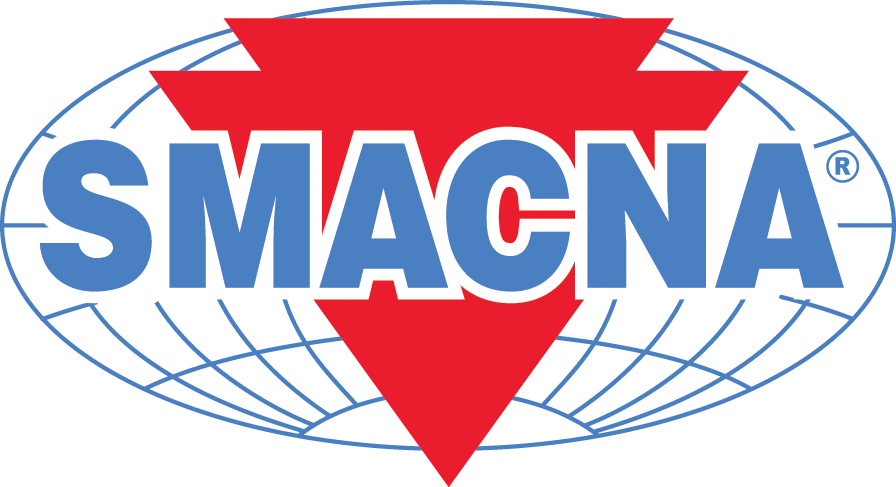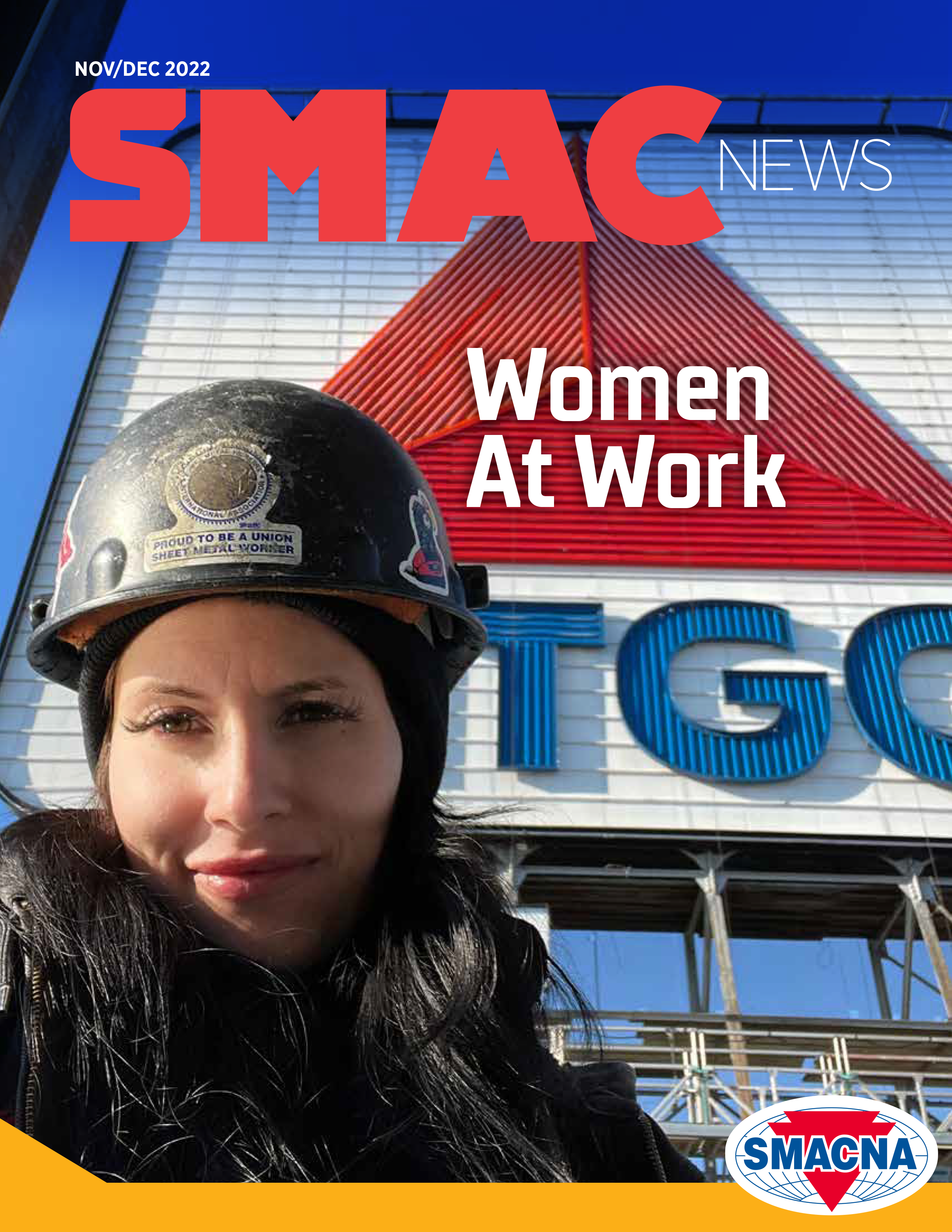End of 2022 Sees Continued Pro-Labor Push at the Federal Level
The Biden Administration, and federal agencies and enforcers, continue their broad-based push to reshape the workplace in favor of regulatory and labor interests, as well as increased private-sector unionization efforts. Several ongoing developments,

Bill Lowe
The Biden Administration, and federal agencies and enforcers, continue their broad-based push to reshape the workplace in favor of regulatory and labor interests, as well as increased private-sector unionization efforts. Several ongoing developments, in particular, merit ongoing monitoring and response efforts from employers seeking to avoid federal scrutiny and maintain compliance with ever-increasing workforce management requirements.
EEOC Modifies Return-to-Work Guidance
As emergency measures and modified workplace procedures introduced in the wake of the COVID-19 pandemic increasingly wind down, modified return-to-work guidance from the Equal Employment Opportunity Commission increasingly signals that agency’s return to a pro-employee, pro-applicant vision of workplace anti-discrimination enforcement.
The EEOC revised previously-issued employer guidance on the interaction of COVID-19 with the Americans with Disabilities Act (“ADA”), Rehabilitation Act, and other anti-discrimination laws, including guidance on common return-to-the-workplace issues, such as screening employees and applicants for the COVID-19 virus; accommodating employee requests for exemptions from personal-protective equipment (PPE) requirements; responding to the health concerns posed by “high risk” employees; and withdrawing job offers to applicants. In previous guidance, the EEOC sought to strike reasonable balances between the requirements of anti-discrimination laws and the practical needs of employers resuming their operations in the face of an ongoing viral pandemic. In its revised guidance, the EEOC adopted several stricter stances that tip the balance against employers.
Most notably, previous guidance on workplace screening, which allowed employers to justify screening on a “direct threat” basis (i.e., that an employee with COVID-19 would present a direct threat to the health and safety of the workplace), was amended to leave only “business necessity” as a basis for COVID screening, meaning that employers will now need to consider whether their own particularized circumstances (such as the level of COVID infection in the surrounding community and the contact-and-distancing dynamics of the employer’s own workplace) merit screening. Without appropriate “business necessity” justifications for screening, an employer that chooses to screen employees for COVID in the workplace may run afoul of the ADA’s prohibition on unnecessary “medical examinations.” (The agency’s guidance also clarifies that an employee request for an alternate method of COVID-19 screening must be treated as a request for reasonable accommodation.)
The agency’s revised guidance also pulled back on the circumstances under which an employer may withdraw an offer to a job applicant who is needed to start immediately and who tests positive for COVID-19. While prior guidance gave employers broad clearance to withdraw such job offers, the EEOC’s new guidelines curtail that ability by requiring that employers consult and follow CDC guidance on the workplace entry of COVID-positive individuals when three key criteria are met: (1) the job requires an immediate date; (2) CDC guidance recommends that the person not be in proximity to others; and (3) the job requires such proximity to others. The revised guidance underscored the EEOC’s apparent belief in the relative rarity of all these circumstances being met, noting that, “given that for some individuals there may be only a short period of time required for isolation or quarantine, employers may be able to adjust a start date or permit telework” — effectively overlaying the guidance with the ADA’s reasonable-accommodation requirement.
Finally, at a time when return-to-work concerns continue to generate both medical and religious requests for accommodation, the EEOC’s guidance also advises employers that, going forward, they will need to show “specific pandemic-related circumstances justifying a delay in providing reasonable accommodation,” adding that “some of the issues initially created by the pandemic that delay engaging in an interactive process … may no longer exist,” and backing away from the agency’s previous level of tolerance for COVID-related delays in the reasonable accommodation process. This revision is a clear signal to human-resources personnel and administrators that the reasonable accommodation process likely needs to be carried out quickly in order to avoid potential liability stemming from a failure to accommodate.
The EEOC’s guidance should prompt employers to review any ongoing practices related to COVID responses, with an eye to whether these practices need to be modified considering the EEOC’s revisions. They should also signal that the agency’s temporary deference to employer concerns and flexibility on some COVID-related issues has largely come to an end.
Prevailing Wage and PLA Regulations Creep Forward
Two proposed rules have now passed their comment periods and await final publication or revision. On May 17, the public comment period closed for the Department of Labor’s much-criticized update to the Davis-Bacon Act, which requires the payment of locally prevailing wages and fringe benefits on federal construction contracts (and which has been explicitly called “a minimum wage law designed for the benefit of construction workers” by the Supreme Court). Following the submission of comments critiquing elements of the proposed rule for unnecessarily inflating wages, the Department of Labor continues to take no further action on the rule. On Oct. 18, meanwhile, the public comment window closed for comments on a rule implementing Executive Order 14063. E.O. 14063 vastly extends an Obama-era order that encouraged project labor agreements for federal construction projects over $25 million, by taking away parties’ volition and requiring PLA use on federal construction projects of over $35 million. Despite criticism that the proposed rule would discriminate against non-union construction workers and contractors by placing them at a competitive disadvantage in federal bidding to unionized workers and contractors, as well as diminish the competitive pool of labor available to the government as many non-union contractors decreased their participation in federal construction altogether, there has been no indication that the promulgating agencies (the Department of Defense, the General Services Administration, and NASA) have modified their proposed rule.
In the current legislative and regulatory environment, employers continue to face pressure on multiple fronts to avoid government-imposed liability while maintaining their competitive positions.
Bill Lowe is an attorney with Bolanos Lowe in Pittsford, New York, specializing in labor and employment law. Reach him at 585-643-8440 or through www.bolanoslowe.com.
Published: January 9, 2023
IN THIS ISSUE
End of 2022 Sees Continued Pro-Labor Push at the Federal Level
The Biden Administration, and federal agencies and enforcers, continue their broad-based push to reshape the workplace in favor of regulatory and labor interests, as well as increased private-sector unionization efforts. Several ongoing developments,
Five Capabilities of Agile Leadership
As we look toward 2023, there’s much uncertainty around the economy and the operating environment. As leaders, we must remain agile and set clear strategic directions to take advantage of opportunities and mitigate any setbacks.
IAQ Project Opportunities Lead the Charge in 2023
Increasing the ranks of technicians certified in ventilation verification will enable more productive conversations with building owners and operators, opening new business lines for our industry.
Indoor Air Quality Improvements Abound
SMACNA and industry partners are looking to lead in promoting improved indoor air and providing solutions for private and public sector stakeholders.
Industry Conditions & Outlooks Revealed in Grassi’s 2022 Construction and A&E Survey
Comprehensive study uncovered the latest strategies that general contractors (GCs), subcontractors, architects, and engineers are deploying to address price fluctuations, cash flow challenges, labor costs and more.
Local Relationships Keep Large Project Local
Leibold has a big role in expansion of the Reading Muhlenberg Career and Technology Center.
Loyalty Builds Business
For Mendel Plumbing and Heating, a maintenance loyalty program builds client relationships and helps retain employees during shoulder seasons.
Replacing Rooftop Units
Integrated Facility Systems uses its experience fabricating curb adapters to improve air quality at the Kingston School District.
Stopping the brain drain
As longtime industry executives and supervisors started to retire, SMACNA Colorado members realized there weren’t enough workers with leadership skills ready to replace them. Elite Academy aims to fix that.
The Biden DOL End-of-Year Agenda
SMACNA policy priorities, including several proposed rule changes and updates, will face increased scrutiny from the Republican-controlled House.
The Project of a Lifetime
Native American-owned sheet metal company contracted to handle fabrication for new Washington, D.C. memorial.
Welcome New SMACNA Members
Women at Work
The sheet metal trade offers opportunities for every motivated candidate — gender aside.


